Bill Payne and Sean Welsh never dreamed how much they could share—community service, children and now, cancer.
The two Grand Rapids businessmen serve on the Spectrum Health system board of directors together, and knew each other from other local engagements.
But not well.
They had separate lives, separate journeys, but fate brought them together to share their most difficult journey of all—prostate cancer.
Each chose a different treatment path at Spectrum Health Cancer Center, which doctors performed within days of each other last May. Payne chose robotic surgery. Welsh opted for the implant route. Both arrived at the same destination—cancer-free.
And both have added advocacy to their life’s mission–encouraging others to get their annual physical. It saved their lives. They hope to help save others.
Payne’s story
In December 2013, Payne had the world in his hands—a great career as vice chairman of the Amway Corp., a loving wife and family, and a holiday getaway from the Michigan winter planned in Florida.
He underwent a routine physical.
“My PSA (prostate-specific antigen) was slightly elevated,” Payne said.
So was Payne’s anxiety. Although perhaps more than slightly. Fear resonated in a familial way. His father had died of lung cancer years prior. On Dec. 15, 2013, prostate cancer snatched his dear father-in-law from his life. Two days later, following a referral from his internist, Payne visited Brian Lane, MD, PhD, a Spectrum Health Medical Group urologist.
No one could blame Payne for thinking the worst, for thinking he could indeed follow in the footsteps of men he so much admired. Footsteps that led through a cancer journey, and to the grave.
“He (Dr. Lane) said we can try antibiotics to see if (the PSA) comes down, and if it does, it’s probably an infection and not anything to be concerned about,” Payne said. “I said, ‘Let’s go ahead and do a biopsy. Then we’ll know.’ Given that my father-in-law had just passed away from prostate cancer, it really was the major impetus for me to move more aggressively and get a biopsy done when there really wasn’t a medical recommendation that I do that.”
Payne underwent a biopsy and also started antibiotics. PSA levels dropped.
But of the 12 biopsy taps Dr. Lane performed, one returned with jarring news, father-in-law-reminder news. News that no matter how hard you gulp, you can’t quite swallow.
“One showed that I had prostate cancer,” Payne said. “If we had not done the biopsy, I would have thought it was just an infection and kept going. It was very early stage, but still, it was there.”
And also there, fear. Of what would happen next. Of what the cancer could become.
“It was a mental test for me to say ‘OK, keep yourself together, Bill,’ Payne said. “You immediately go ‘this is a fatal diagnosis and I’m going to die.’ But we worked through it. Once I know what the situation is and I’ve got a plan, then it’s a lot easier for me. It’s when I don’t know that it makes me a little more concerned.”
The plan was to test Payne’s PSA every three months, and watch the small spot carefully.
Payne continued with family plans in Florida that year. But he often thought of the family member they had lost, to the disease he had.
“It was a challenging Christmas, no doubt about it,” Payne said. “I had to really hold myself together. I’m a Christian, so I was praying, ‘God, give me peace of mind here.’ Praying, and knowing He is in control of my life, helped me tremendously.”
So did staying busy—fishing, swimming, hanging out with his wife, Jillane, and the kids.
While he enjoyed time with his family, other family traditions haunted him. His father died of lung cancer at age 60.
“The year I got diagnosed was the year of my 60th birthday,” Payne said. “Cancer has always been this thing. It was always a big deal. I thought ‘I’ve got to get past 60.’ I go in to get my annual physical the year of my 60th birthday and it’s the year my PSA spikes.”
Dr. Lane monitored Payne closely. All was well until an MRI last spring showed several more spots of cancer.
It was time to take action.
Before making their respective treatment decisions, both Payne and Welsh consulted with experts at the Spectrum Health Cancer Center to explore their options.
“For Sean, the implantation worked great for him,” Payne said. “For me, the surgical route was right for me. It truly is an individual case. There’s no wrong choice. I think it all boils down to where your comfort level is.”
Payne wanted the cancer gone. Removed. So no traces of it lingered in his body, and no fear of what happened to his father and father-in-law, haunting his mind.
On May 8, Dr. Lane performed robotic surgery on Payne.
“They removed my entire prostate,” Payne said. “(Dr. Lane) said, ‘We got it. The pathology report is perfect and you’re cured.'”
Payne returns every six months for PSA tests.
His levels remain normal.
“He’s back to his regular routine and has an excellent prognosis,” Dr. Lane said.
Payne agrees.
“There are no more worries for sure,” he said.
Welsh’s story
In December 2016, Sean Welsh did what most middle-aged men do—they get a PSA test during their annual physical.
After an elevated reading, Welsh did another test. Same results.
A urologist performed a biopsy, which revealed the ugly culprit—seven cancerous lesions in his prostate.
“It’s a little shocking,” said Welsh, regional president for the West Michigan market for PNC Bank. “You sit there in the conference room with him and he started talking through my options. He said surgery was the best option and he could do it in two weeks. I wanted to think about it. It was a lot of news in one meeting. Your head is kind of spinning.”
Welsh launched into research mode. He called friends who were medically astute, including a urologist friend in another part of Michigan.
“He shared his personal experience that he had gone through the same journey,” Welsh said. “He said the only answer to this whole thing is surgery. He was absolutely emphatic.”
Welsh called his dad, to check on family history. He learned a relative on his mom’s side had been diagnosed.
“I called him up,” Welsh said. “He told me the same story of the journey I went through. He had the test and his head was spinning as they gave him options. His doctor told him, ‘I can get you in next week to have the surgery.’ He did all the meetings and research. He ended up having radioactive seeds implanted.”
Welsh researched that option, also known as brachytherapy. It seemed like a good fit.
“When you do the surgery, you’re out for about a month and it limits your physical activity,” Welsh said. “It kind of takes a chunk out of your life for a period of time.”
Welsh set up an appointment with Dr. Lane.
“He’s just amazing,” Welsh said. “When I talked to him about it, he said, ‘There’s no bad answer. If you go with surgery, here’s the upside and downside, but radiation is a good option, too.’”
Welsh visited Mike Mahacek, MD, a Spectrum Health urologist who performs seed radiation implantation.
“He said the same thing: ‘Any decision is a good decision,’” Welsh recalled. “They were unbiased and they give you all the facts. They don’t steer you one way or the other. I felt very confident going in that I was making the right decision. The key is, you’ve got to feel confident. You have to feel like you’re doing the right thing. When I looked at the statistical outcomes for both of those procedures, they’re kind of the same.”
After discussions with his wife, Jill, he decided to proceed with the seeds, which were implanted on May 3.
“They take an MRI and image your prostate to determine the exact location of the cancer,” Welsh said. “They map your whole prostate then determine the exact location to implant the radioactive seeds for the most effectiveness. They’re designed to give radiation to your prostate and burn the cancer away instead of going in every day for three or four months for another type of radiation.”
Welsh’s only restriction? He couldn’t hold babies or pregnant women on his lap for two months.
“I would have gone into work the next day if Jill hadn’t hidden my keys,” Welsh said, laughing. “It wasn’t bad at all.”
Lifetime connections
Although they once were only business associates, the cancer, and another common bond, brought Payne and Welsh closer together.
Payne’s son, Will, and Welsh’s daughter, Natalie, are married. They met before their dads were diagnosed with prostate cancer, but their bond strengthened Payne and Welsh’s bond.
“Our lives started to intersect more,” Payne said. “When I told Natalie that I have prostate cancer, Natalie said, ‘My dad has prostate cancer,'” Payne recalled.
Payne couldn’t believe the commonality.
“When I found out he had prostate cancer, we started talking,” he said. “We’ve become friends.”
And they talked. About their treatments. About their journey.
Welsh said he didn’t tell many people when he was diagnosed, but he did talk with Payne.
“Bill and I caught it at the same time because we were both doing our annual physicals,” Welsh said. “It was nice as we were going through the journey to be able to talk. On the front end of this, I was telling nobody that I had this problem because I knew it was treatable.”
Dr. Lane said both Welsh and Payne are doing well.
He describes them as great guys who made well-informed decisions along their individual health journeys.
“When presented with similar information, different individuals make different choices,” Dr. Lane said. “This is the heart of individualized, informed decision-making. As a physician, it’s essential for me to provide accurate and understandable information to assist each person to make a high-quality decision.”
And, later, after their successful treatments, the two talked about sharing their stories with others to help other men know they’re not in this alone, that there are many options available, and they, too, can beat cancer.
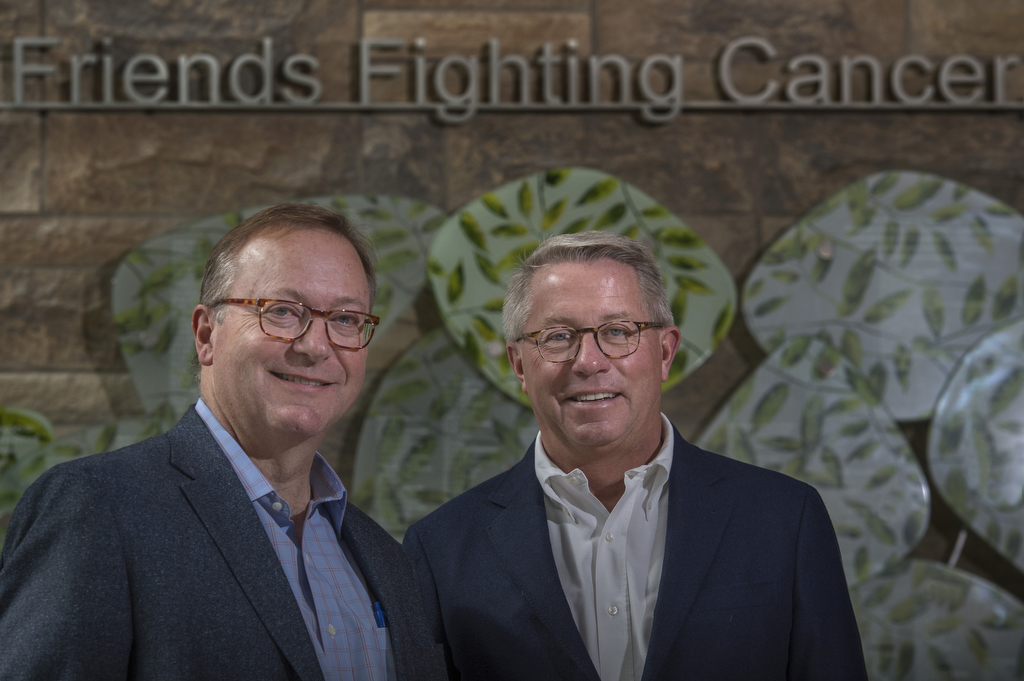
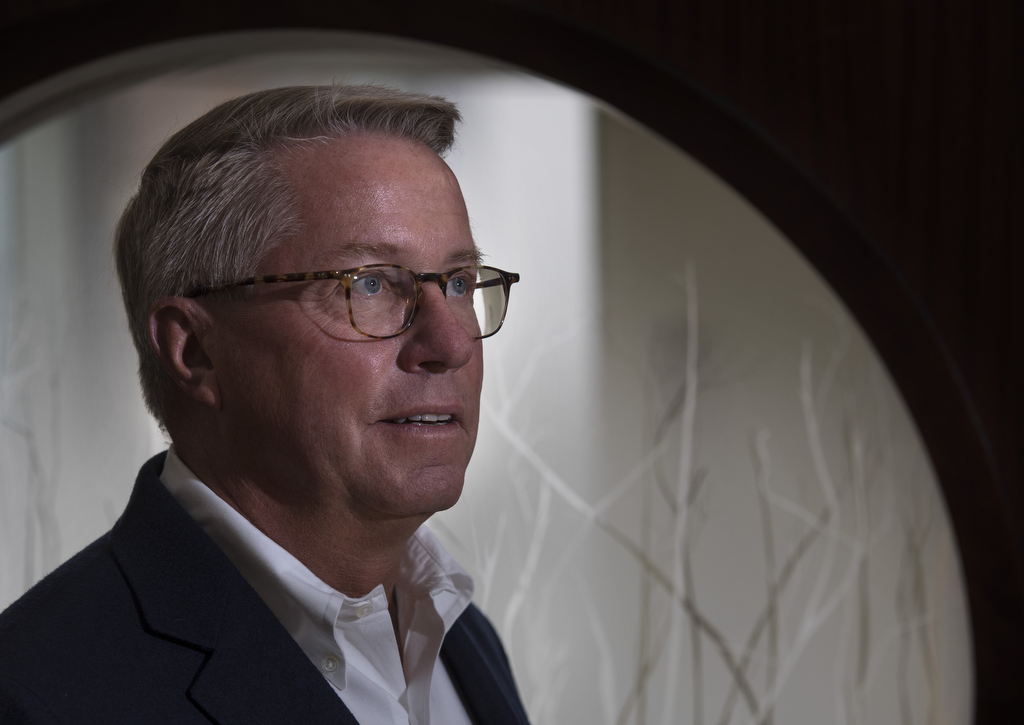
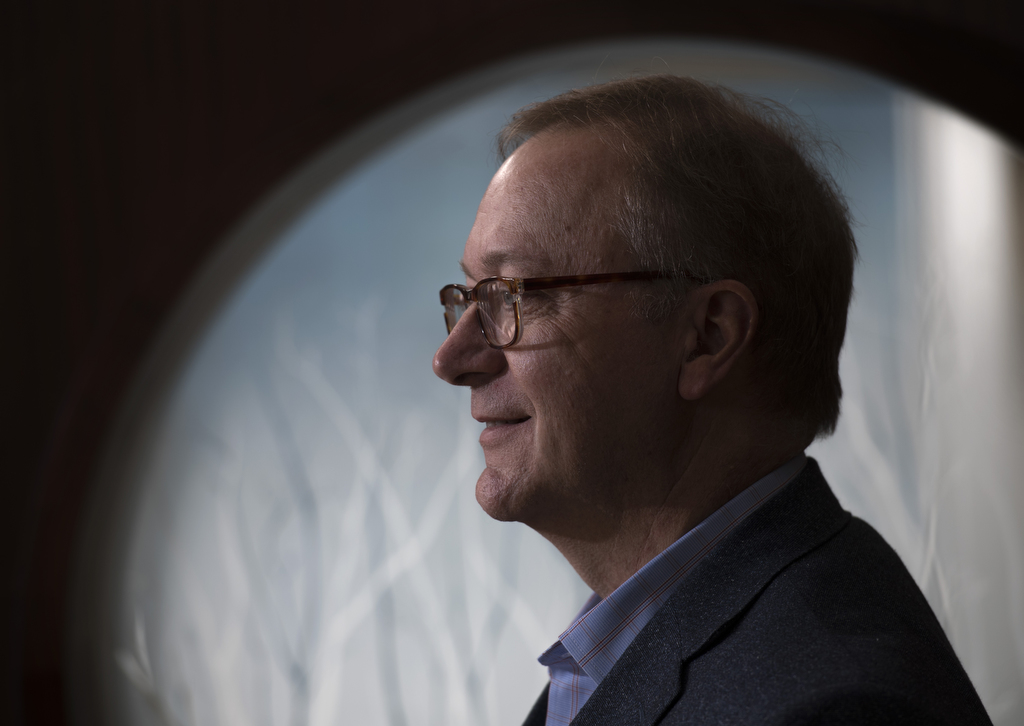
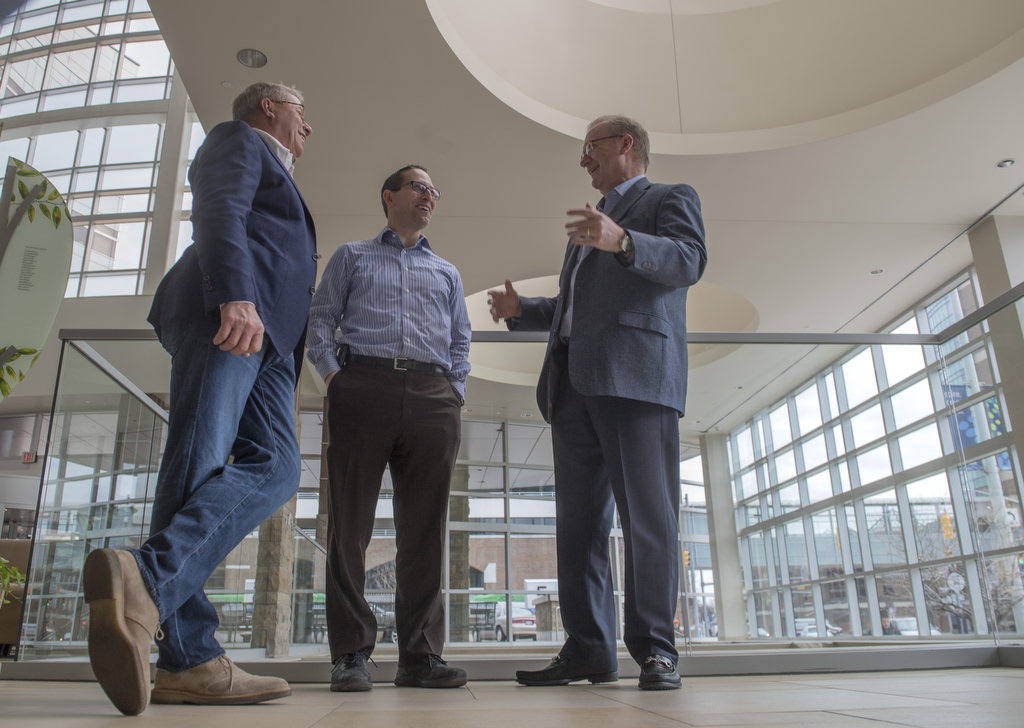
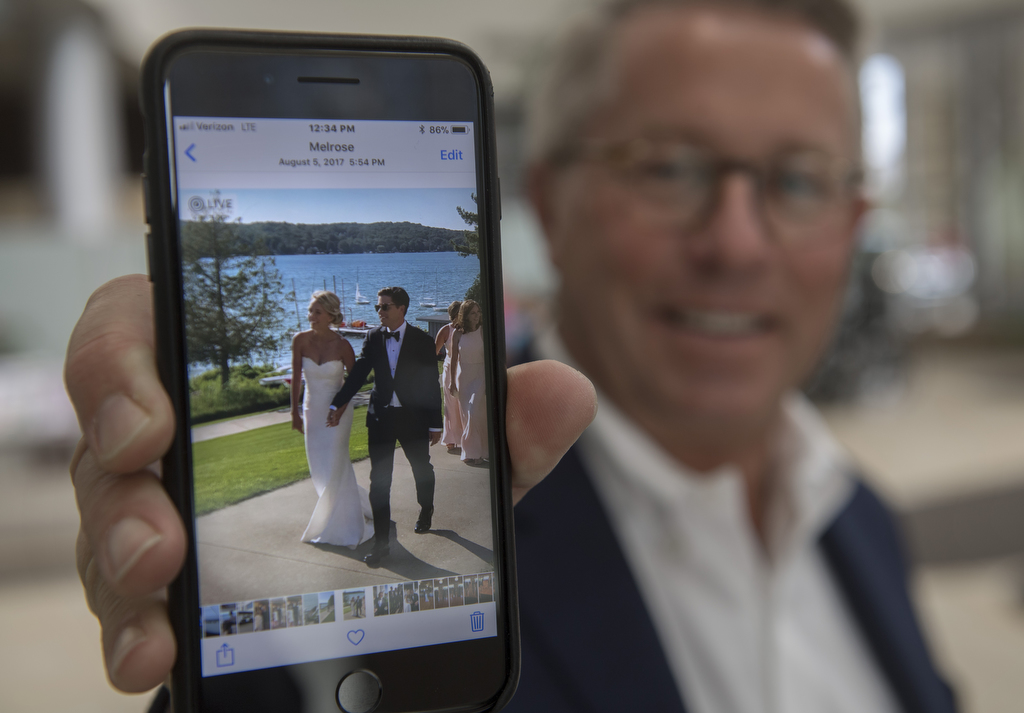
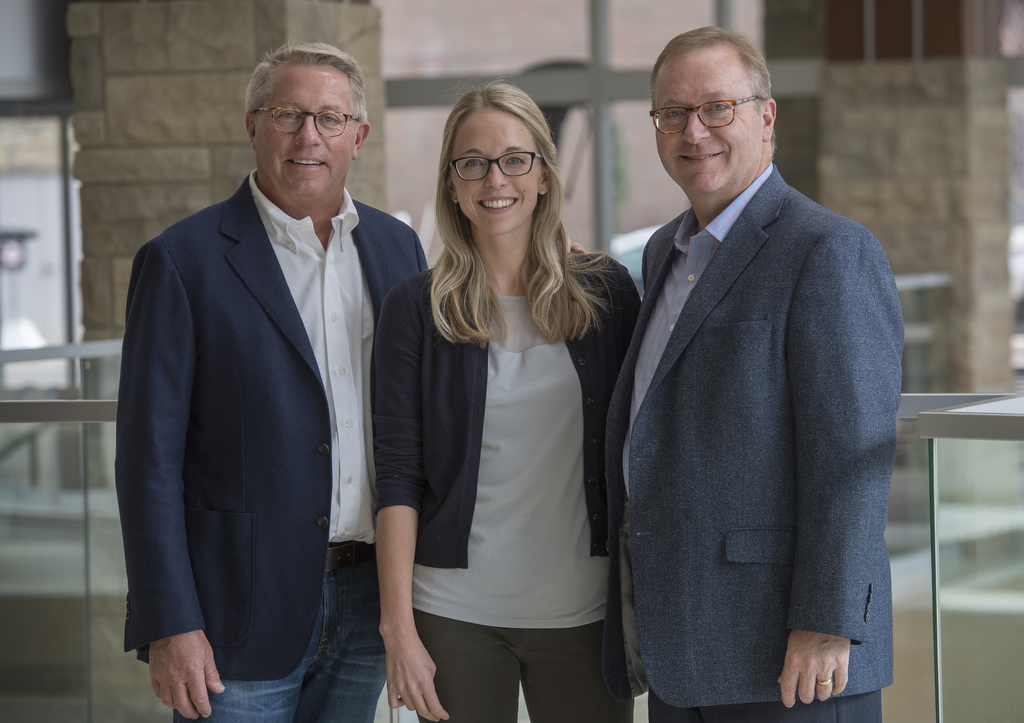










 /a>
/a>
 /a>
/a>
 /a>
/a>